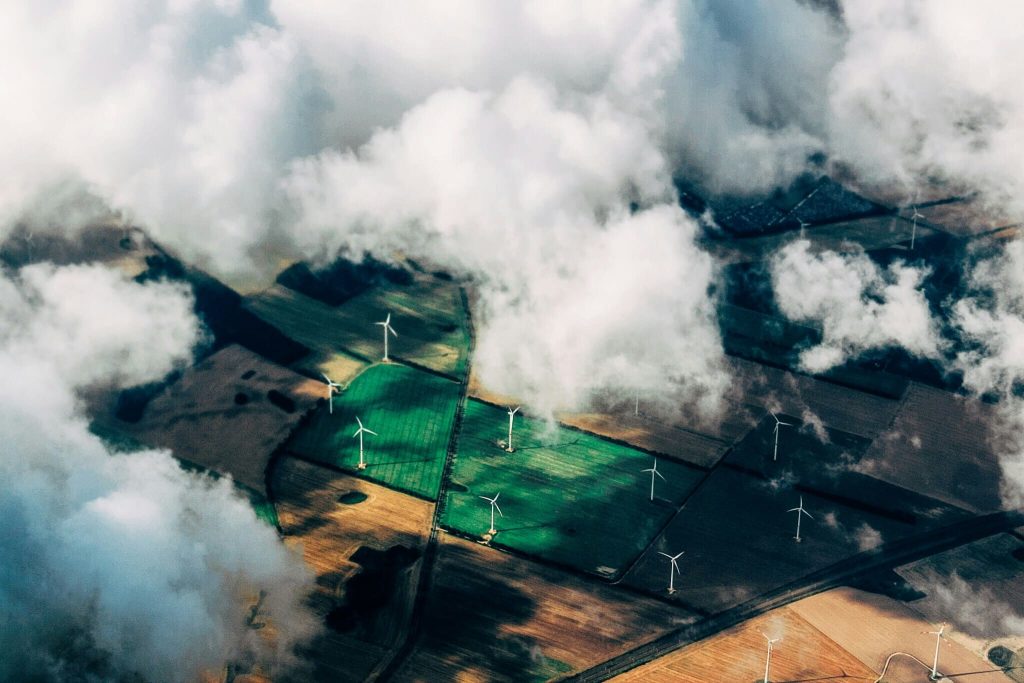Policy Paper
22/10/15Governing the differences in the European Energy Union

This Policy-paper written by Jacques De Jong, Thomas Pellerin-Carlin and Jean-Arnold Vinois, analyses the various levels at which public decisions are made in the field of energy, with the focus on regional cooperation between several states.
In the last ten years the European level has become predominant with its objective for 2020 and 2030.
The implementation of the EU energy policy, mostly left to the Member States, has been diverse and sometimes very disappointing, leading also to incoherence. While the EU is building its ‘Energy Union’, the articulation between the European, regional and national levels represents a major challenge of governance.
After analysing this context, this paper makes recommendations:
- A peer review of the national policies should be organised every two years by the Commission;
- Bust the silo mentality affecting the energy sector: reduce the number of existing fora to three horizontal ones on (1) transport & mobility, (2) heating & cooling and (3) electricity;
- Create an EU Energy Information Service to combine all sources of information on the energy sector, in a comprehensive and holistic way;
- Regional cooperation should be used to promote innovative solutions regarding the optimisation of power generation with Renewable Energy Sources.





